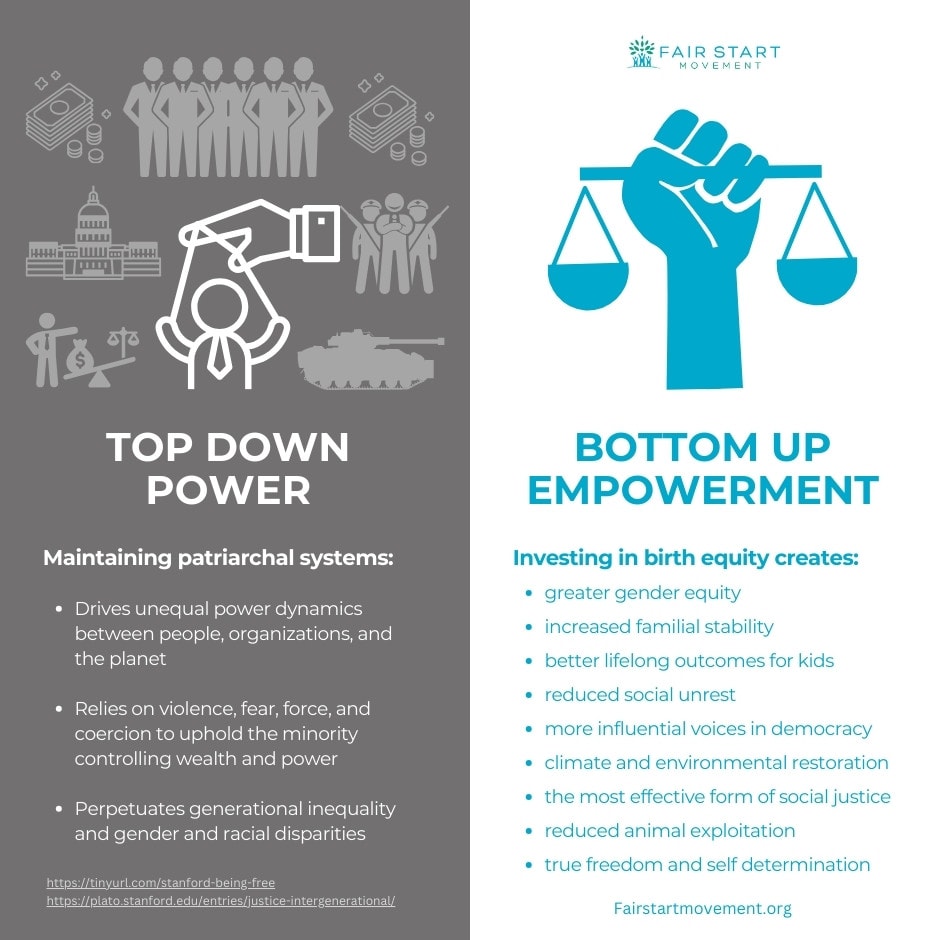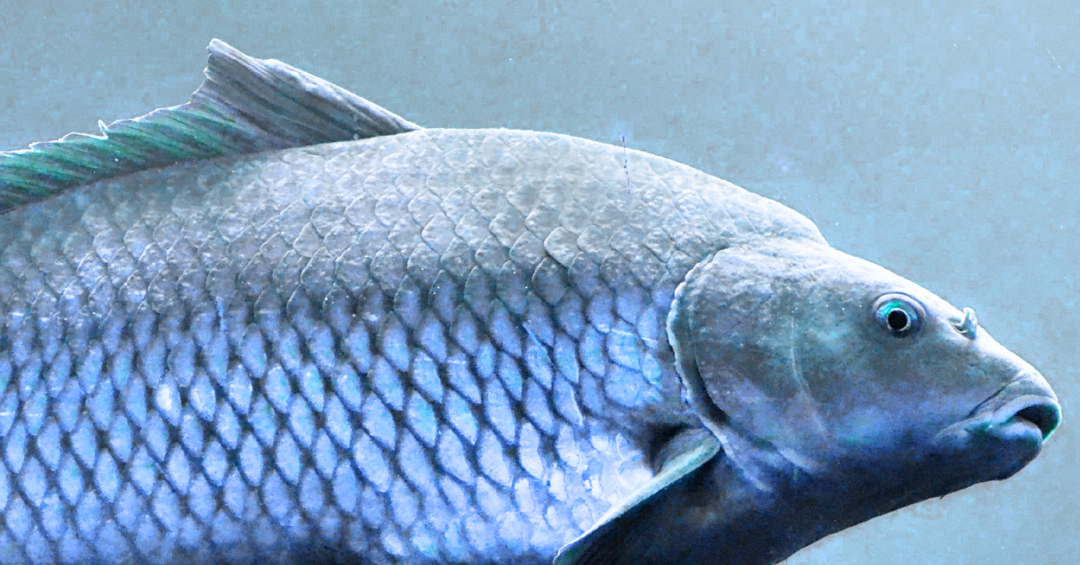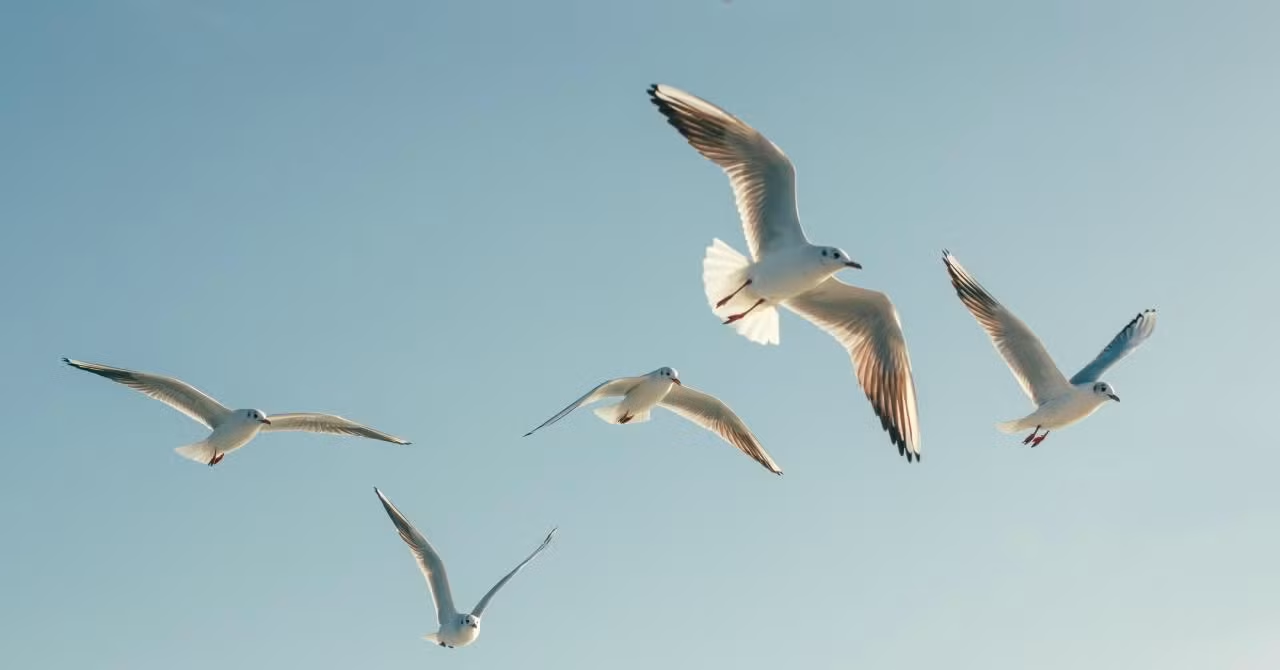As many world crises unfold, there is real doubt as to whether those who identify with Effective Altruism (EA) were doing good, or serving themselves. Is investing in vegan food products that rely on sustainable growth and birth inequity – a system that has done exponentially more harm to humans and nonhumans than EA food investors do good – really a good thing?
I know these are real questions because as an attorney I lied for EA investors and philanthropists (including one well known one now at Open Philanthropy) as we pushed animal rights campaigns being undone by growth, which maybe is better understood as inequity, or losing, to growth beyond specific ecosocial thresholds, an equal and influential role in deciding under which rules one has to live. We knew we were using a system that was becoming increasing illegitimate based on values we all share – and we did it anyway, intentionally avoiding fixing the base because it might harm donations and is very difficult to do.

These campaigns did more to enrich the white kids of wealthy Impossible investors at deadly climatological cost to black children than on balance help animals. We intentionally framed things in terms of using “our resources” – a core EA tactic – to frame away and hide the fact that much of the wealth was made by externalizing deadly costs on others.
But EA can pivot, and here is one way to do it.
Urge the EA-minded to discuss #themissingfactor. Urge anyone as identifying as EA to say 1) how they have accounted for children entering the world on the veracity of their claims. Rather than doing good, have they been greenwashing investments? Also, ask them 2) how they now intend to offset the arbitrary birth-positionality based benefits they gobbled up at deadly cost to others – relative to easy metrics like being able to eat every day – with priority on children as they enter the world?
There are right answers to these questions, and they start with entitlement theory, and treating birth-equity and development as the first and overriding entitlement / human right. The on balance impacts on the voiceless vulnerable, nonhumans and future generations, is what matters. (Those like Dr. Breeze Harper have called for means such as Black birth equity to empower the disempowered.)
EA leaders like Peter Singer can talk about welfare all day. In the end he and others have always relied on systems of coercive obligation, legal systems, the legitimacy of which were all premised after WW2 on self-determination, in order to make their EA claims make sense. Given the climate crisis we know that system was actually more other-determining than self-determining (usually rich determining poor), and he should admit fault and assist with the fix – priority reparations that eliminate birth inequity.
TAKE ACTION: Urge anyone that identifies with the EA movement to answer the questions above.
For further reading





